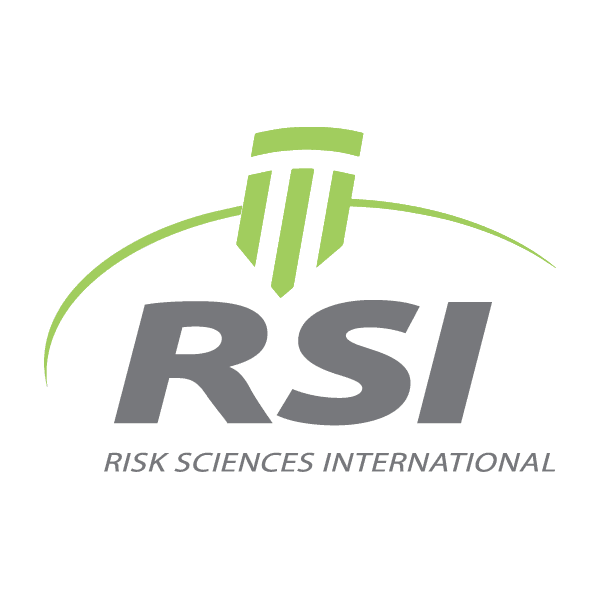Air quality is one of the most visible and persistent environmental health concerns worldwide. Poor air quality, whether driven by industrial emissions, transportation, energy production, or natural phenomena such as wildfires, is directly linked to respiratory illness, cardiovascular disease, and premature mortality. Beyond health, degraded air quality undermines economic productivity, reduces quality of life, and erodes public trust in governments’ ability to safeguard basic environmental protections.
The complexity of managing air quality lies in the variety of sources, the regional and transboundary nature of pollutants, and the differential impacts across populations. Vulnerable groups — such as children, the elderly, and individuals with preexisting conditions — bear disproportionate risks. Urban areas face particular challenges, balancing economic growth with emission reductions, while rural and Indigenous communities contend with unique exposures from resource extraction, agricultural activities, or wildfire smoke.
Effective interventions demand rigorous monitoring, modeling, and forecasting to understand pollutant dynamics. Policy-makers require reliable evidence to set standards, industries must adopt cleaner practices, and the public needs clear, trustworthy communication about risks and protective measures. Climate change further complicates the issue, intensifying the frequency and severity of events that compromise air quality.
Risk sciences bring clarity by integrating exposure data, health outcomes, and predictive models to assess both acute and chronic risks. They also provide evidence frameworks to guide policies, evaluate interventions, and support transparent communication with affected communities.
RSI is committed to advancing solutions in air quality, leveraging its scientific depth and applied experience to help safeguard populations and environments.
RSI experience in Air quality
In our work at RSI, we have taken a leading role in several studies pertinent to these issues. We led a study on the utility of the Air Quality Health Index in Canada, examining how municipalities inform the public about hazardous smoke levels from wildfires. Our study also proposed measures to protect health from exposure to high levels of smoke, including smoke from domestic wood burning for winter heating.
Furthermore, we conducted an assessment of diesel particulate concentrations near a proposed rail-truck hub, evaluating the health risks to local residents from these emissions. Our work extended to the impacts of sulphur dioxide in regions affected by industrial activities, such as those near an aluminum smelter. Here, we not only conducted the health risk assessment but also prepared communication materials on SO2 levels, monitoring and management practices, and associated health risks.
Through these projects, we at RSI are committed to improving air quality and public health by contributing to the understanding and management of air pollutants and their impacts.

